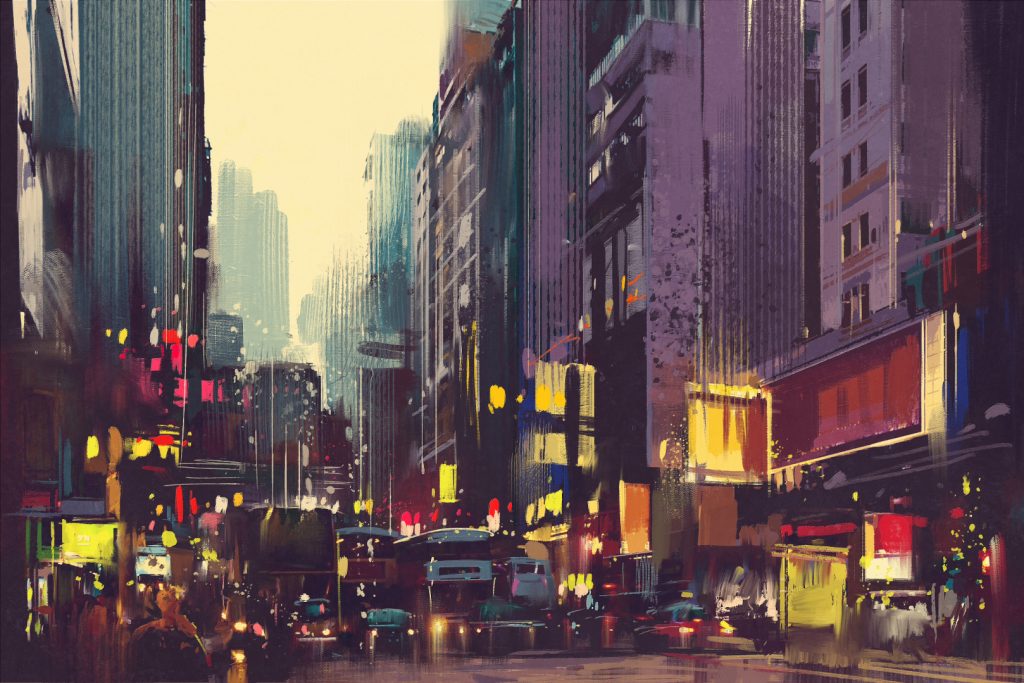[“SHARE” APR – JUN 2018 ] BACK TO THE BIBLE
Written by: Dr. Bernard Wong (Assistant Professor (Theological Studies) and Associate Dean of China Graduate School of Theology, Board Member of CEDAR Fund)
During Joseph’s tenure as Egypt’s prime minister, he managed to keep his country fed while all the other lands experience famine from the great drought. People were buying food from Joseph, and with their livestock when they ran out of money. When they finally ran out of things to offer, they told Joseph,
“We cannot hide from our lord the fact that since our money is gone and our livestock belongs to you, there is nothing left for our lord except our bodies and our land. Why should we perish before your eyes—we and our land as well? Buy us and our land in exchange for food, and we with our land will be in bondage to Pharaoh. Give us seed so that we may live and not die, and that the land may not become desolate.” (Genesis 47:18-19)
The people could technically exchange their land for food, but interestingly, they not only did not do so, but they were repeatedly saying “We and our land” as though the two were inseparable from each other. Given the circumstances, we would certainly choose to sell our land for food—think about how the funds you get from selling a tiny flat in Hong Kong could buy food for the rest of your life!
The Bible depicts a world that is vastly different from ours, where the land was not traded as commodities as men were tightly connected with it, and their lives depended on it. The reason for this was simple—people had no ways to obtain food other than by farming themselves. No land means no food, and no food means no life. Such relationship was changed in the face of modern technology and economic development, where most people do not have to farm anymore to survive, and the change was welcomed as it took away the physical exhaustion from farming. Consequently, it led to the increasing gap between the land and the modern people, who could no longer experience the intimate relationship as it once was. The new relationship turned into one that marks men’s commercial usage of the land, treating it as tools and assets for profit, or as resources to stimulate economic growth. Today in Hong Kong, we often damage the land and the ecology it supports, or pave perfectly good farming soils in the name of development, as though the development of a city could only be done at the cost of the land.
One shall not forget that our lives will always depend on the land, as it is intended by God since the Creation. We are not different from the people trying to buy food from Joseph, only that they could directly notice their relationship with the land, and we could not. We assume that technology and economic development could sustain our lives indefinitely. However, the damage of lands and environment, plus climate change, have severely affected crop yield around the world. This alerts us that land development cannot remain the same way without affecting men’s lives. Our bodies could not be separated from our land, and only by respecting and caring for it, and reconciling with it, could we sustain our lives on it.
